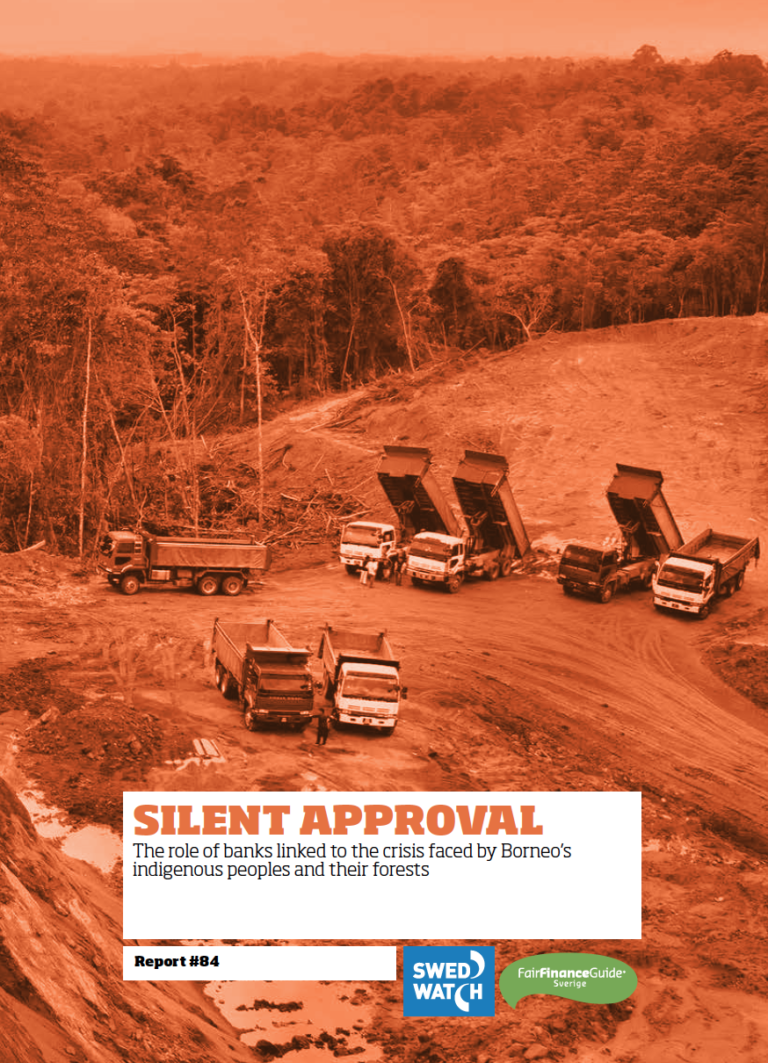Flag States & Human Rights Report 2019: Protecting Human Rights at Sea
PublicationsThe human rights obligations of States apply equally at sea, as they do on land. That said, human rights are frequently violated at sea, but the violations remain unpunished. This is hardly surprising given that it is difficult to monitor violation...Read More

